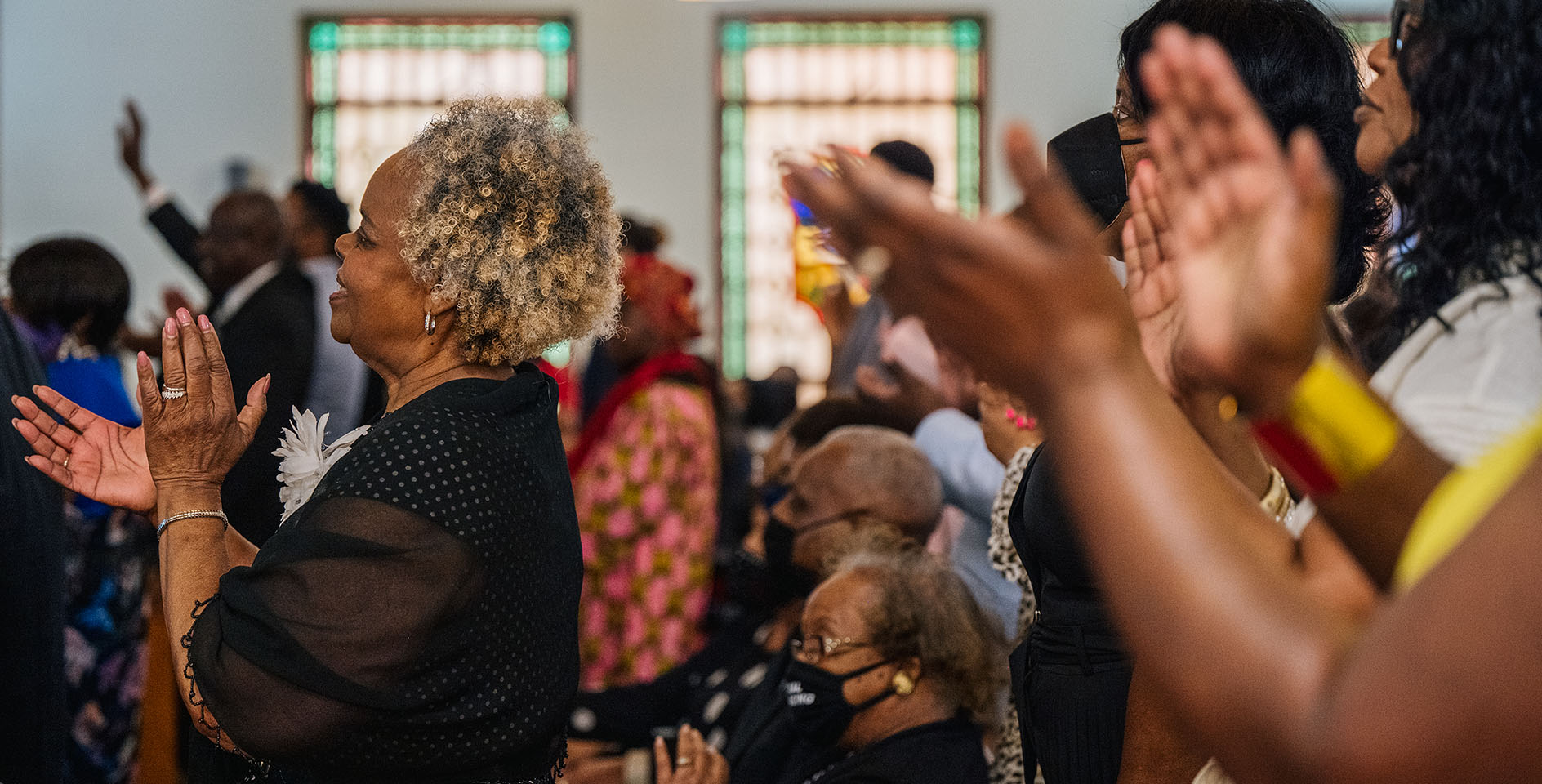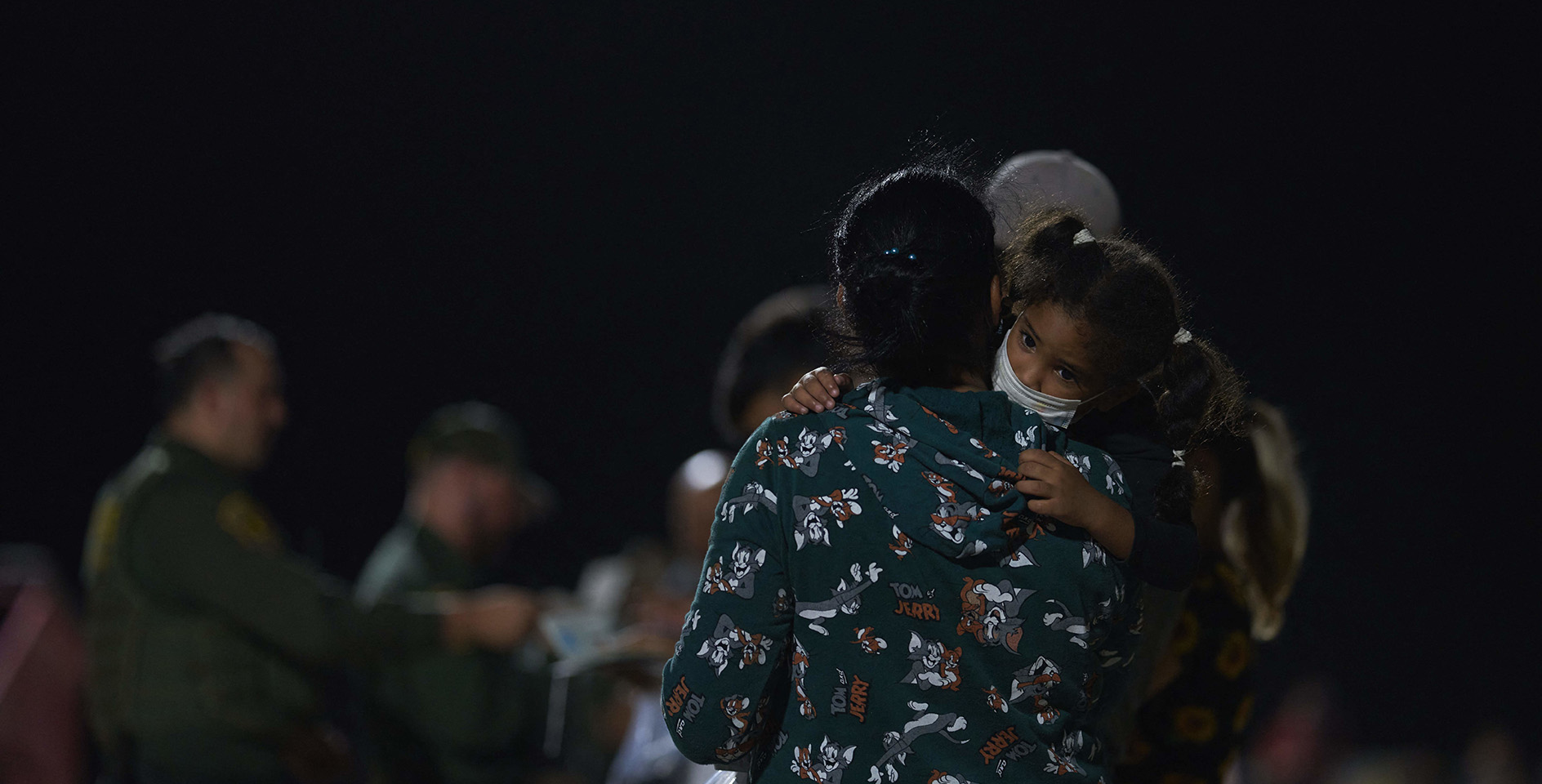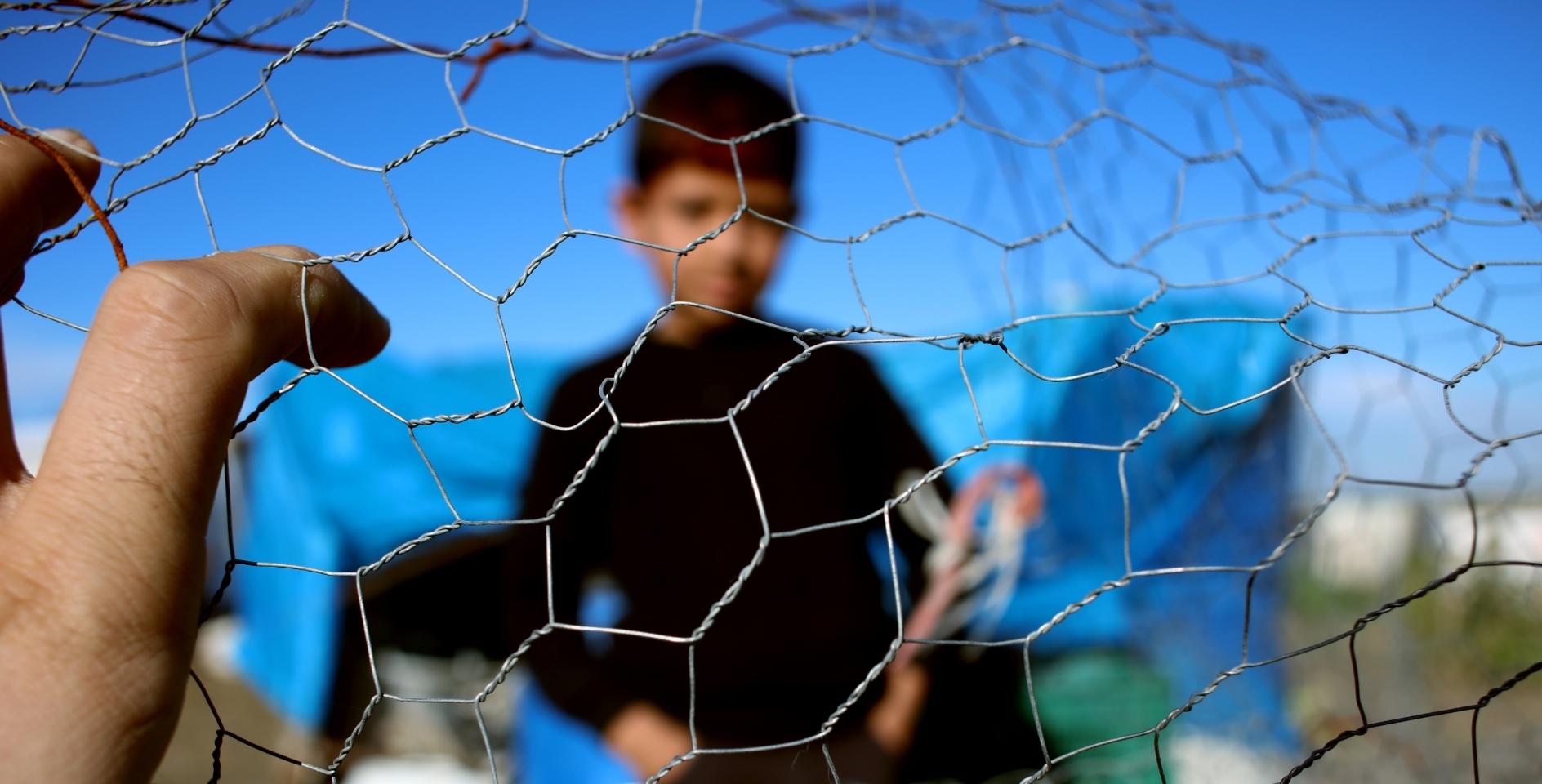"I don't want this to happen to someone else," Shandra said as she recalled her story. After losing her job as a financial analyst due to an economic downturn in her native Indonesia, 25-year-old Shandra Woworuntu was desperate. Expanding her job search internationally, she found a six-month seasonal employment opportunity in Chicago's hospitality industry. After paying $3000 to the recruiters from the job agency, she boarded a plane she believed would take her to the bright future of her dreams. However, after arriving at JFK International Airport, she discovered that she would not be going to Chicago. Instead, she was forced into a life of prostitution; her passport and her freedom taken from her.
Human trafficking, or the exploitation of vulnerabilities for commercial gain, can happen to anyone, anywhere, at any time. This type of injustice is nothing new. As a matter of fact, human trafficking can be seen throughout ancient literature, even leaving its mark on the Hebrew Scriptures. For example, in the book of Genesis, fourteen chapters are dedicated to the story of a human trafficking survivor named Joseph. Like Shandra, Joseph, the biblical patriarch, was a dreamer, trafficked by those in whom he trusted. In his case, Joseph's own brothers sold him to traders bound for Egypt for twenty shekels of silver (Gen. 37:28). Once in Egypt, he would again be sold to Potiphar, the captain of Pharaoh's Guard, to labor as a domestic servant.
Despite his circumstances, however, the "Lord was with Joseph and he became a successful man" (Gen. 39:2). Though enslaved, God's presence and blessing continued to guide him. Joseph, now seen as successful in the house of Potiphar because of God's blessing, found himself the object of Potiphar's wife's affection. "Lie with me," she continually commanded, but Joseph resisted (Gen. 39:9). Finally, she could take his rejection no longer and she grabbed him by his clothing; ripping it from him. Naked, he ran to escape her advances. Angered by his continued refusal, Potiphar's wife deceitfully told her husband that Joseph attempted to rape her (Gen. 39:7-20). Though he initially escaped, he was imprisoned for a crime that he did not commit. Although his situation grew increasingly more difficult, "the LORD was with Joseph" (Gen. 39:21).
Shandra, too, explains that she felt the presence of God while in the brothel. "When I was trafficked," she said, "I felt like God was next to me, like He accompanied me. I asked Him, 'Jesus, I don't think I can take it anymore. I need to be free. I am done; save me'." Soon after praying, she felt what she could only describe as "an energy" lead her into the bathroom. "It was there that I saw the window and thought 'that is the way.' I knew that this was how I would escape." Climbing through the second story window, she jumped, landing smoothly on the city street below.
Now free from the brothel, Shandra found herself on the streets on New York with relatively few options. All she could think to do was to call a phone number that she was given by a woman who had visited the brothel. Knowing no other details save the number, she called and was greeted by a man, promising to give her a better life, even a job in a hotel. Little did she know at the time that she was being groomed by yet another trafficker. Shandra would discover that her escape only seemed to make matters worse.
Having tasted freedom, she became determined to get free from her new trafficker. Seizing the right opportunity, she got away, and with no help in sight, she became homeless. But it was on the streets that she would meet a man, whom she would later call her "angel." After a chance meeting in a park in Chinatown Manhattan, he told her that he would come back at noon the next day to help her. She waited anxiously, somehow knowing that there was something different about this man.
In a similar way, now in prison, Joseph, the dreamer, found himself waiting. After interpreting the dreams of the Pharaoh's cup bearer and his baker, who had been recently imprisoned, Joseph explained that the cupbearer would be restored to his position, while the baker would be executed. "Only remember me, when it is well with you," Joseph begged the cupbearer, "and please do me the kindness to mention me to Pharaoh, and so get me out of this house" (Gen. 40:14).
Two years passed, and Joseph waited for a miracle. Then one evening, Pharaoh had a dream that he could not understand. With no one else in Egypt able to interpret the dream, Joseph was finally brought before Pharaoh. Joseph explained that a world-wide famine was coming for which Egypt must prepare. Seeing his wisdom, Pharaoh made Joseph his top advisor.
In the years to follow, Joseph would find himself face to face with his brothers. Noticing their fear, Joseph told them not to be "distressed or angry with yourselves because you sold me here, for God sent me before you to preserve life" (Gen. 45:5). Though he was rejected by his brothers, God chose him to be their deliverer. In this way, Joseph foreshadows Christ, a greater deliverer, who would save those who rejected him, through his own death on the cross (Acts 4:27-28).
Reflecting on Christ, Shandra believes that he sent that man to the park to help her find freedom. From what seemed to be a chance encounter, the man connected her to the police, who would work to bring her exploiters to justice. Now Shandra works with other survivors of sex and labor trafficking. Through her newly founded organization, Mentari—Indonesian for "the sun"—she seeks to help survivors fulfill their dreams of brighter days ahead.
Seeing her passion and dedication, President Barack Obama, appointed her to the U.S. Advisory Council on Human Trafficking. Her faith continues to inspire her. "You have to understand that you are loved by God," she explains. With this in mind, speaking to her recent appointment, she says "God has put me there, without him I wouldn't want to be there."
Because the God of Joseph cares for those most vulnerable, we can find hope in the fight against human trafficking. As we become aware of his presence in our lives, we can rest easy knowing that we are not alone in our effort to end this global injustice. Shandra's story is a reminder that no matter what they mean for evil, God still means it for good (Gen. 50:20).
Want to receive more FREE content like this? Sign up to receive our Weekly Content and check the "Human Dignity and Pro-Life" box.










